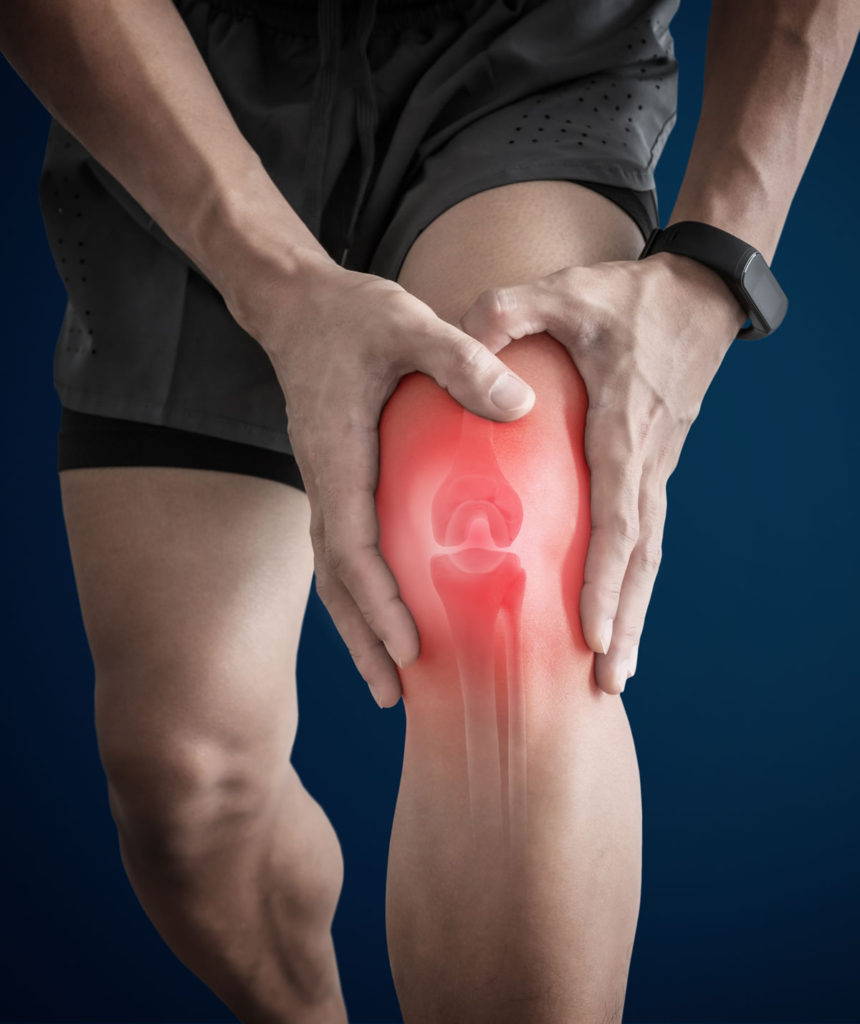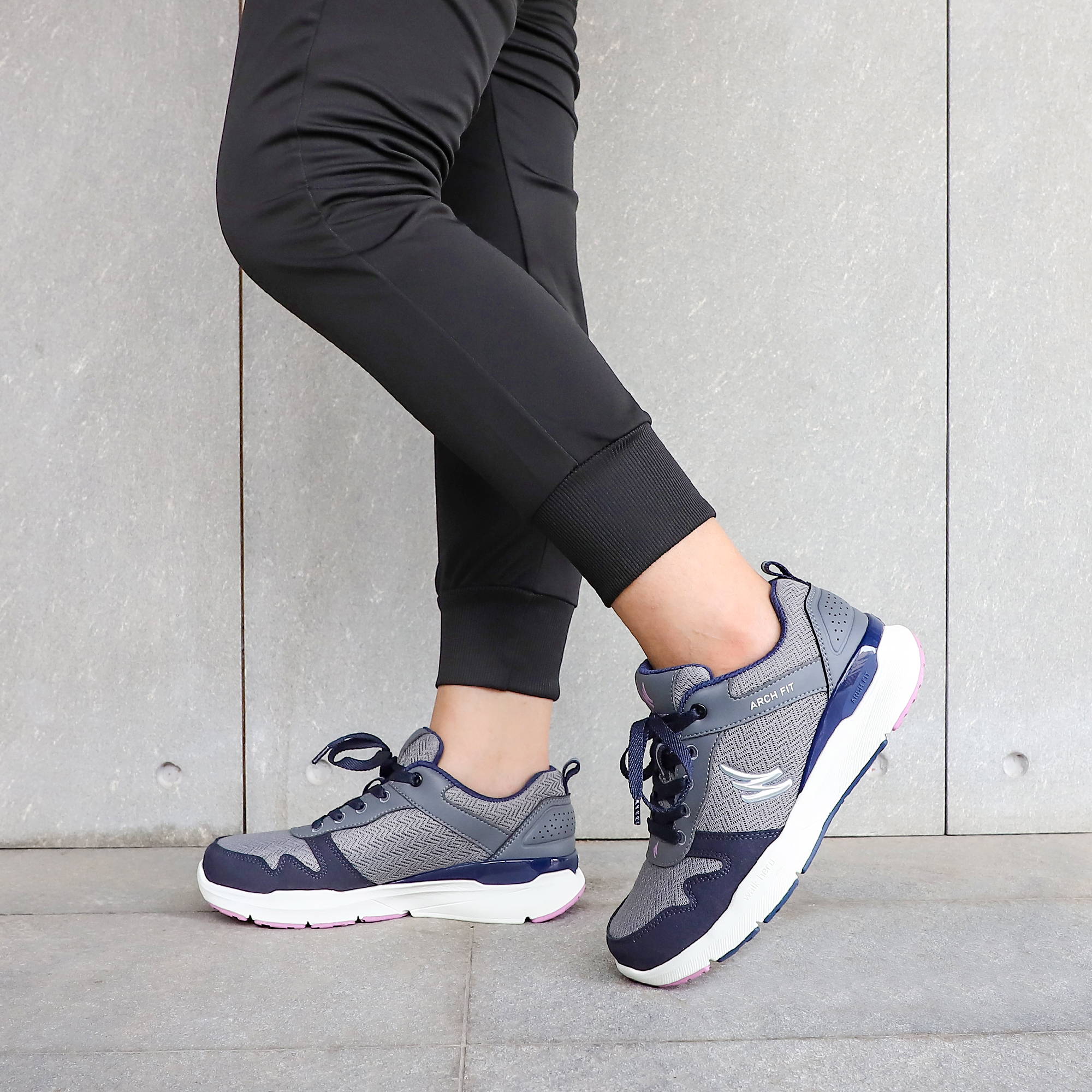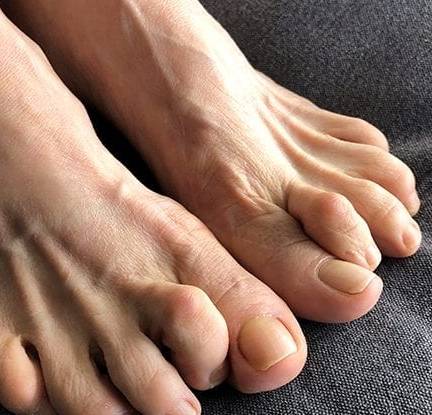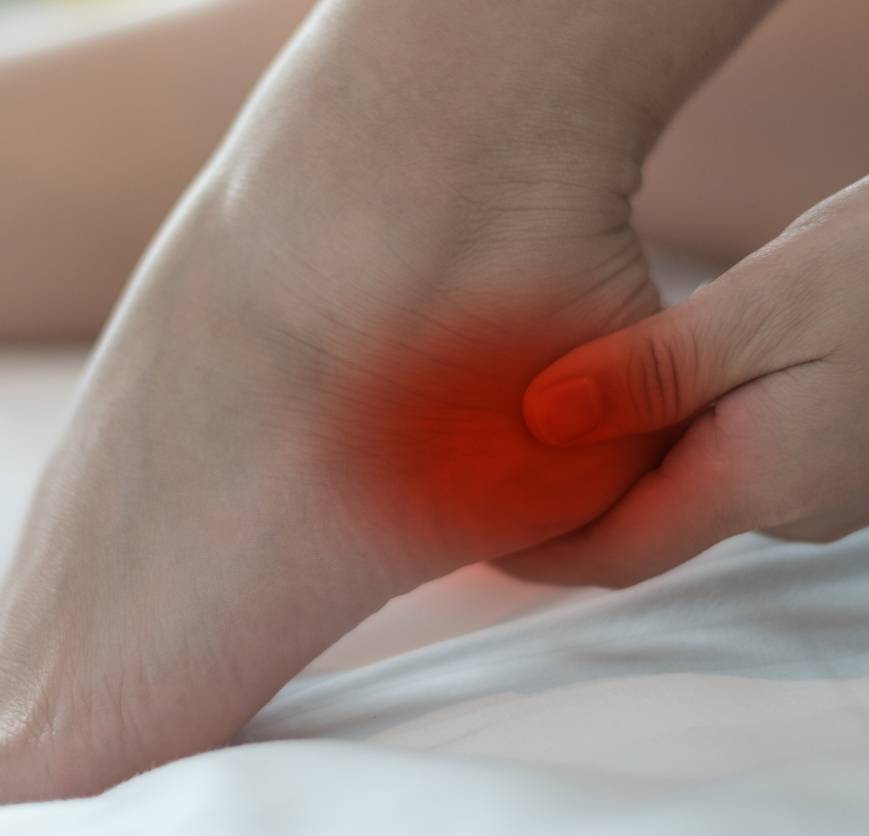What Is Knee Pain?
The knee is the largest joint in the body and knee pain is a common complaint across all age groups. It may be due to a diverse range of causes. One is the result of an injury, such as a ruptured ligament or torn cartilage. Medical conditions — including arthritis, gout, and infections — also can cause knee pain. Another is associated with general wear and tear from daily activities like walking, bending, standing and lifting. Athletes who run or play sports that involve jumping or quick pivoting are also more likely to experience knee pain and problems.
Many types of minor knee pain respond well to self-care measures. Physical therapy and knee braces also can help relieve pain. In some cases, however, your knee may require surgical repair.

What Causes Knee Pain?
Your knee joint is made of bone, cartilage, ligaments, and fluid. Muscles and tendons help the knee joint move. When any of these structures are damaged, you have knee problems. These are some of the more common causes of knee pain:
- Osteoarthritis. The cartilage in the knee gradually wears away.
- Rheumatoid arthritis. The knee may become swollen and cartilage may be destroyed.
- Ligament injuries. Anterior cruciate ligament (ACL) injuries usually result from a sudden twisting motion. Injuries to the posterior cruciate ligament (PCL) are usually caused by a direct impact, like an impact from a car accident or sports activities.
- Tendon injuries. These can range from inflammation to a tear, most likely from overuse in sports or from a fall.
- Cartilage injuries and disorders. Injury, overuse, muscle weakness, or misalignment of the knee can soften the cartilage of the kneecap, or a blow to the knee may tear off a piece of cartilage.
- Broken kneecap. The small, round bone (patella) that sits over the front of your knee joint breaks, usually as the result of a fall or a direct blow to the knee.
How To Relieve Knee Pain?
Simple causes of knee pain often clear up on their own while you take steps to manage your symptoms. If knee pain is caused by an accident or injury, you should contact your healthcare provider.
If your knee pain has just started and is not severe, you can:
- Rest and avoid activities that cause pain. Avoid putting weight on your knee.
- Apply ice. Cover your knee with a towel before applying ice. Don't fall asleep while using ice. You can leave it on too long and get frostbite.
- Always warm up before exercising and cool down after exercising. Stretch the muscles in the front of your thigh and the back of your thigh. Avoid running down hills -- walk down instead. Bicycle, or better yet, swim instead of run.
- Lose weight if you are overweight. Every pound that you are overweight puts about 5 extra pounds of pressure on your kneecap when you go up and down stairs. The amount of extra pressure is even greater when you jump.
- Try orthotics inserts or arch support shoes with a cushioned sole, a wide toe box and a deep heel cup.

Recommended Shoes For
Knee Pain
Finding the best shoes for knee pain can make more of a difference than you may think. Each shoe we make features our innovative Foot-Care™ technology. Made with a foam insole and high cushioning. The soles have a gender-friendly cushioning design, which supports the natural biomechanics of your feet, and the deep heel cup can also lessen the impact by stopping your heel from making contact with the ground. There are plenty of shoe options for suffering from knee pain at WALKHERO, from the best work shoes and walking shoes to cute summer sandals, and everything else in between.




